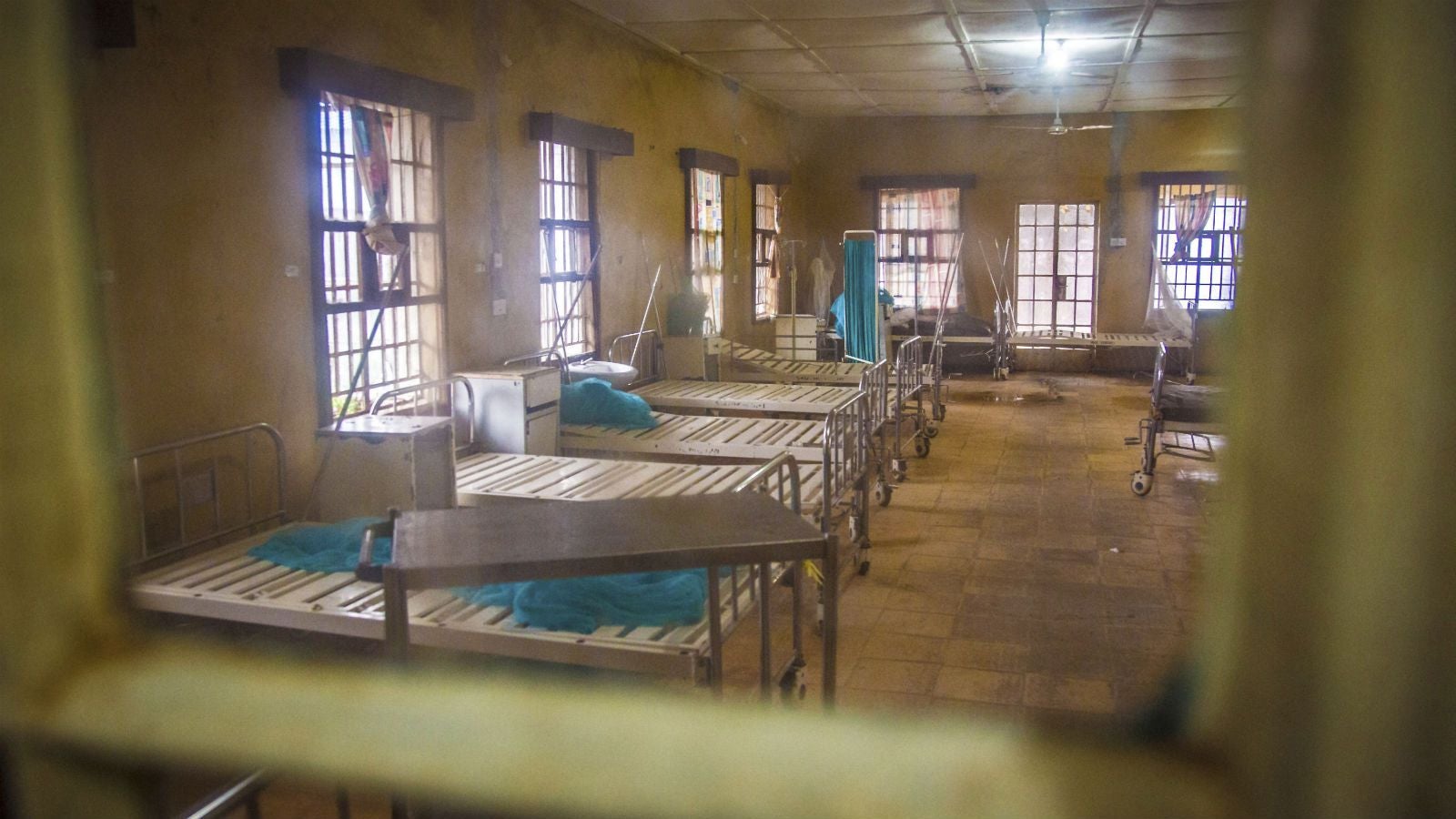African survivors of Ebola have to deal with stigma, too
West Africa is still reeling from the worst-ever Ebola epidemic: at least 2,615 people have contracted the virus, and 1,427 have died from it. And while the Westerners who are being repatriated and treated at home are saluted as heroes, many African survivors are met with skepticism and face stigma in their own communities.


West Africa is still reeling from the worst-ever Ebola epidemic: at least 2,615 people have contracted the virus, and 1,427 have died from it. And while the Westerners who are being repatriated and treated at home are saluted as heroes, many African survivors are met with skepticism and face stigma in their own communities.
Displaying reactions that recall the AIDS epidemics, people are afraid of touching Ebola survivors. As Liberian doctor Melvin Korkor—who contracted Ebola while tending to patients and subsequently recovered from it—says that on his return on Cuttington University campus, where he teaches, he was only greeted from a distance. FrontPage Africa reports that students were afraid he may still be contagious:
“We want to hug our doctor, but fear we would come in contact with the virus […] I will greet him from a distance.”
“I am happy doctor Korkor has returned, but I am totally not convinced he is Ebola-free. I will shake his hands after 21 days.”
So aside from tackling the epidemic, local and international authorities are pursuing several initiatives to educate people both on the symptoms of Ebola and on the progress of the disease—from the “soap bucket challenge” (a repurposed version of the ice bucket challenge, circulating on Twitter with the hashtag #MousserContreEbola) to a hit hip-hop song aimed at educating young people on the symptoms and how the virus spreads (and how it does not).
The World Health Organization has shared a video with stories of three survivors, who say doctors have given them certificates to prove they are no longer infected:
“When I got sick, my family doubted my recovery. Thank God for the doctors. They gave me a certificate that indicates I am free of Ebola in case anyone would still doubt.”
In some cases, the stigma extends beyond the patient to the family, as a woman from Liberia reports after her nephew—a physician’s assistant—recovered from the disease. In the video, shared by Global Voices Online, she also laments the lack of protective gear for health workers caring for Ebola patients.